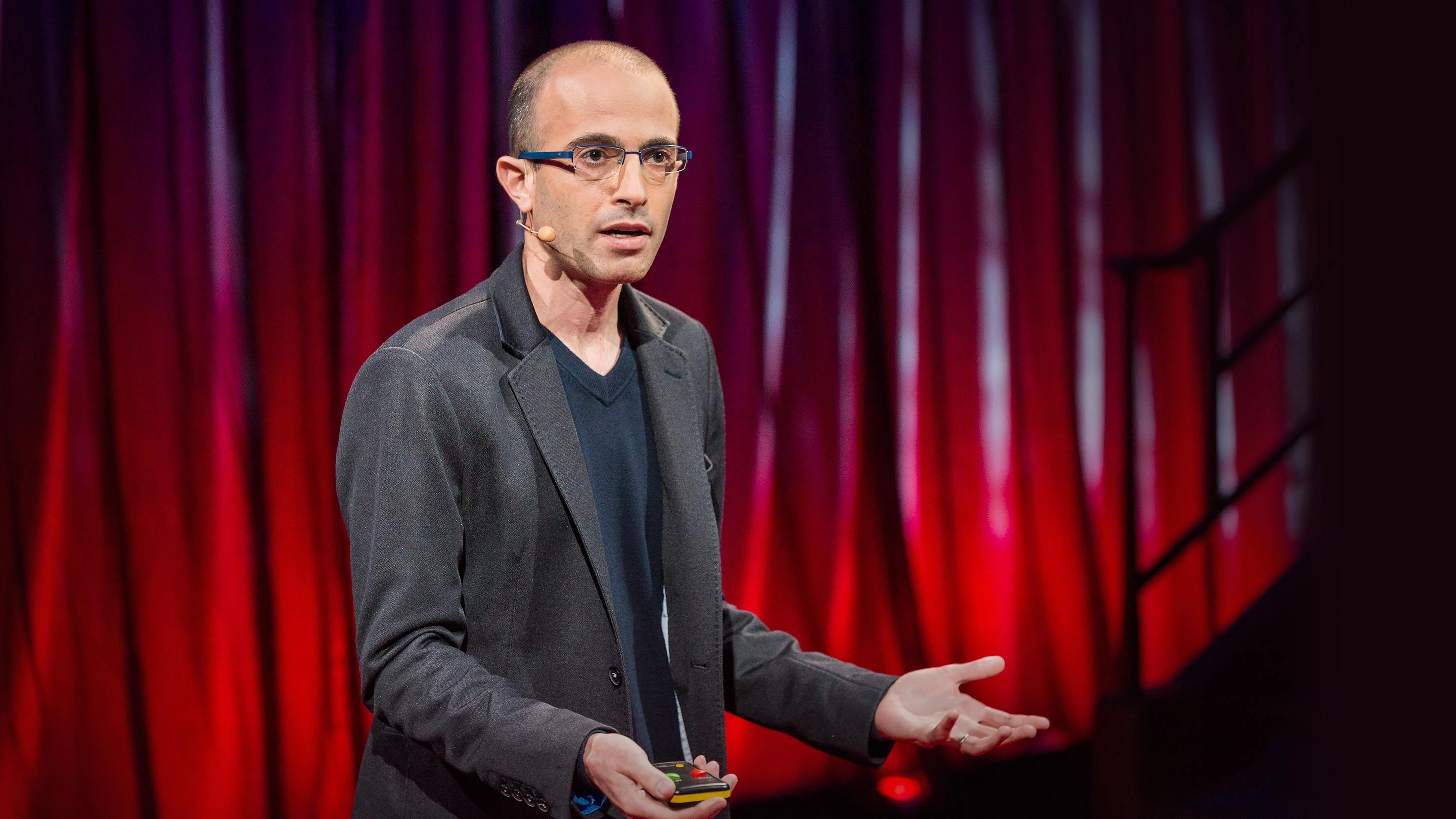The Core of Harari's Critique
Harari's central argument hinges on Bitcoin's decentralized nature. He views it as a system built on a fundamental lack of trust in traditional institutions – central banks and governments. Bitcoin's reliance on a distributed ledger and anonymous creators stands in stark contrast to fiat currencies, which are backed by the authority of a nation-state.
Harari argues that trust, not distrust, has been the cornerstone of successful currencies throughout history. Gold, for instance, held its value due to its scarcity and universal recognition across cultures. Fiat currencies, despite their inherent risk of inflation, maintain their value because people trust the institutions that issue and manage them.
Distrust: A Recipe for Instability?
Harari raises concerns about the potential consequences of a currency built on distrust. He suggests that Bitcoin's volatility might be a symptom of its underlying lack of trust. Without a central authority to regulate its supply or intervene during market fluctuations, Bitcoin's price can experience significant swings, making it a risky store of value.
Furthermore, Harari questions Bitcoin's scalability. He points out that the current transaction processing speed of the Bitcoin network is slow and expensive, potentially hindering its ability to become a widely adopted medium of exchange.
A Counterpoint: The Promise of Decentralization
Proponents of Bitcoin counter Harari's arguments by highlighting the advantages of a decentralized system. They argue that Bitcoin empowers individuals by offering an alternative to government-controlled currencies. They praise its transparency, as all transactions are publicly recorded on the blockchain. Additionally, they believe that Bitcoin's limited supply – only 21 million coins will ever be created – protects against inflation.
Beyond Distrust: A New Paradigm for Money?
Perhaps the most intriguing aspect of Harari's critique lies in its potential to move beyond a simple "trust vs. distrust" dichotomy. His analysis prompts us to consider whether Bitcoin represents an entirely new paradigm for money, one that transcends traditional models.
Bitcoin's decentralized nature offers the potential for a more globalized and democratized financial system, less susceptible to the control of individual governments. However, as Harari rightly points out, this comes with its own set of challenges that need to be addressed.
The Future of Bitcoin: Evolving Beyond Distrust?
Yuval Noah Harari's critique of Bitcoin serves as a valuable reminder that innovation in finance needs to be accompanied by thoughtful analysis. While Bitcoin's distrustful foundation might raise concerns, it's crucial to consider its potential to evolve beyond this initial impulse.
The coming years will be critical in determining whether Bitcoin can overcome its limitations and establish itself as a viable currency. Will it remain a niche asset for the crypto-enthusiastic, or can it mature into a more mainstream financial tool? The answer might lie in its ability to address the concerns raised by Harari and others, while harnessing the potential of a truly decentralized financial system.
















